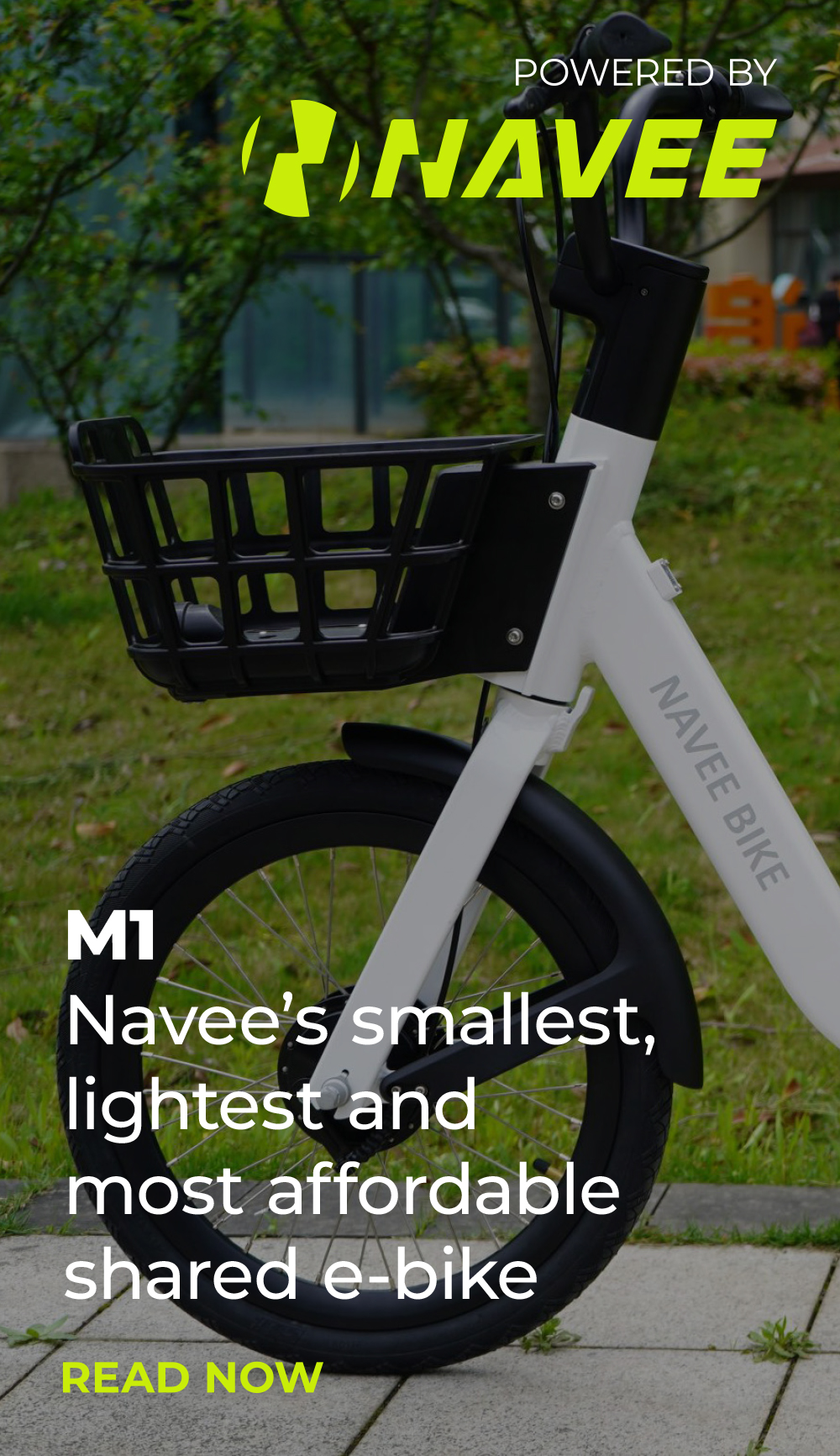The UK government, administered by UK Research and Innovation (UKRI), is funding a new project to address safety concerns related to e-scooter use.
Design specialists Edge Innovation and industry experts MicroMobility Partners (MMP) have been chosen to investigate how e-scooters can be made safer.
In the year ending June 2021 in the UK, there were 931 accidents involving e-scooters (including private e-scooter usage). While many of these did not lead to injury, around 250 were considered serious.
MMP – which has more than 30 years combined experience in micromobility – said the main safety issues that will be addressed include low levels of helmet use, tandem-riding, inaccurate geofencing which impacts pavement riding, speed restrictions and problems with signalling.
The initiative aims to reduce pedestrians’ fear of e-scooters, reduce anti-social riding, make rider behaviours more predictable to drivers and give users more confidence to use e-scooters.
Both firms’ involvement will produce clear requirements that can be built into trials, hardware, operations and legislation.
Edge Innovation and MMP began work in January and are currently speaking with operators, commissioners and users to understand the challenges arising in the trials.
Steve Pyer, Director at MicroMobility Partners, told Zag Daily: “We have completed most of the local authority and operator sessions and there are some common issues coming up around underage riding and where people can ride.
“We are also seeing interesting challenges as to the scale of these issues and whether some of them are amplified simply because it is something new. We still have a lot of sessions to go through and once collated, looking at the solution phase.”
Besides the sessions, they are also running an e-scooter safety survey to gain insight from stakeholders.
“We aim to get over 1,000 responses which will give a good insight into the current state of play with e-scooters in the UK,” said Pyer. “All of the responses are anonymous and will be shared in a final report which will be published, along with any solutions we are able to generate.”
Simon Green, Chief Executive of Edge Innovation, said that rider behaviour and public perception of scooters are crucial elements.
“With this in mind, we are focusing this work on really understanding how people interact with existing e-scooter trials, whether they are regular users or not,” said Green.
“This way, we will identify ways to influence future trial designs to improve safety, allowing more widespread acceptance and adoption.”
Trial schemes
In the UK, the only legal way to ride an e-scooter on public roads is as a part of sharing schemes launched in 32 areas across England by the Department for Transport (DfT).
Zag’s data shows that approximately 30 million journeys were made in the country since the start of the programme in July 2020.
The initiative was brought up in response to DfT’s National evaluation of e-scooter trials report that e-scooters casualty rates are three times higher than cycling.
However, the DfT admits that limited data made it harder to compare e-scooter safety with other modes, an issue that the industry has also pointed out.






